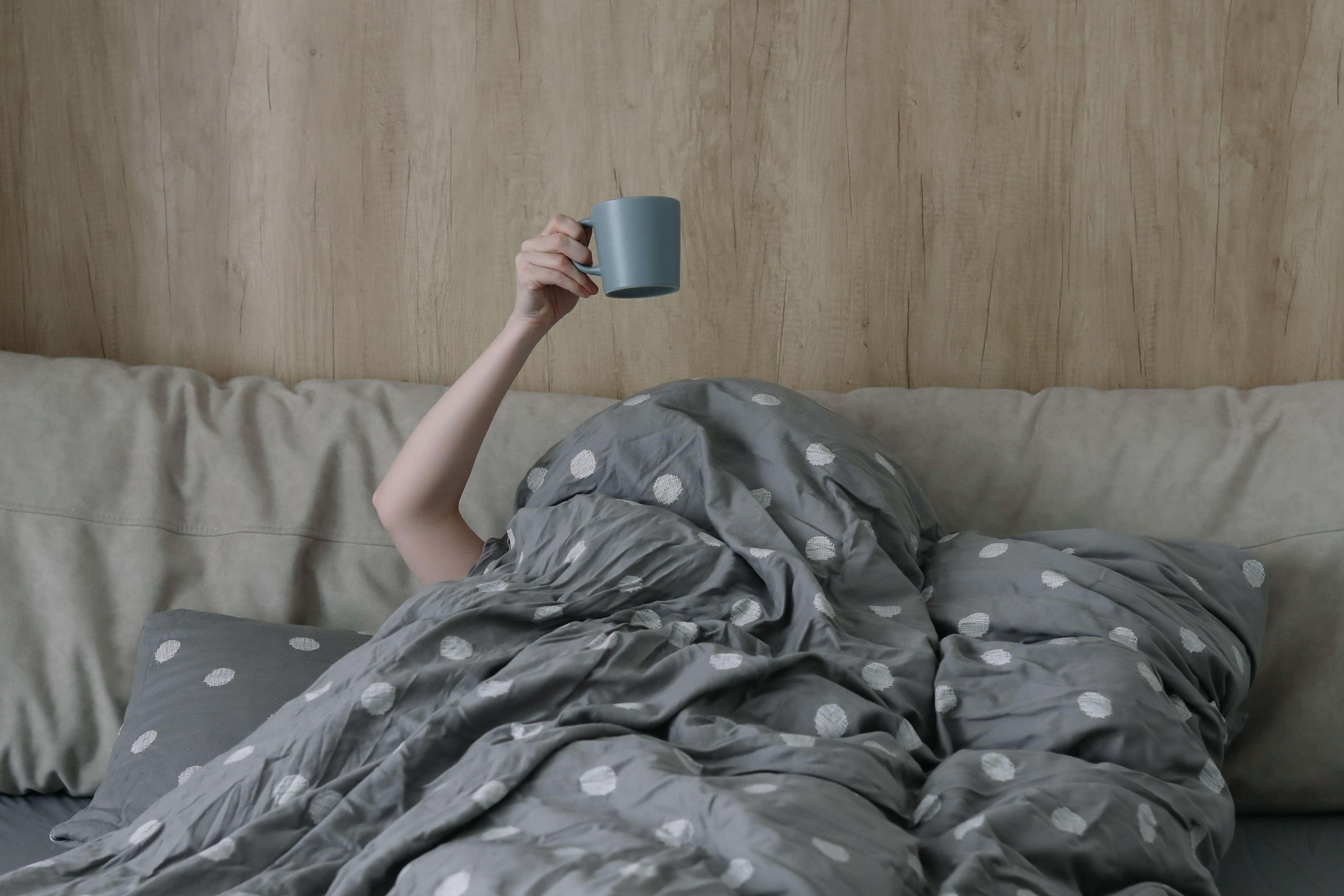Experts explain why it’s OK if you want to sleep more in winter
Tuning into hibernation season could be just what we need. By Imy Brighty-Potts.

Your support helps us to tell the story
From reproductive rights to climate change to Big Tech, The Independent is on the ground when the story is developing. Whether it's investigating the financials of Elon Musk's pro-Trump PAC or producing our latest documentary, 'The A Word', which shines a light on the American women fighting for reproductive rights, we know how important it is to parse out the facts from the messaging.
At such a critical moment in US history, we need reporters on the ground. Your donation allows us to keep sending journalists to speak to both sides of the story.
The Independent is trusted by Americans across the entire political spectrum. And unlike many other quality news outlets, we choose not to lock Americans out of our reporting and analysis with paywalls. We believe quality journalism should be available to everyone, paid for by those who can afford it.
Your support makes all the difference.The clocks have gone back and now the days are definitely feeling colder, darker and shorter – so your natural instincts may be telling you to hibernate.
To sleep a little more, socialise and dash around less, and basically be more like our favourite wildlife – getting cosy and quiet for winter. And actually, this might be just what we need.
“The dark mornings and generally shorter days mean we are exposed to less light in the winter months. This means our bodies are not being signalled into wakefulness,” says Dr Zoe Gotts, consultant clinical psychologist at The London Sleep Centre (londonsleepcentre.com). “Particularly in the morning, which is a time that getting natural light is important for our body clock.”
There could be lots of benefits to tuning into this seasonal rhythm, however.
Help fend off winter bugs and colds
As Gotts points out, “if we don’t sleep well, we’re more likely to be exposed to an unhealthy immune system. Sleep plays critical roles in recovery, repair, healing and the ability to fight illnesses and keep illnesses away,” she adds. Therefore, prioritising good sleep over winter makes a lot of sense.
Dr Lindsay Browning, psychologist, neuroscientist and sleep expert for And So To Bed, says: “With the colder weather, we are more likely to catch cold and the flu since people spend more time indoors with less fresh air, allowing viruses to pass more easily between people. During sleep is when we build our immune system. Lots of studies have shown that when we don’t get enough sleep, our immune system suffers.”
Topping up on solid rest
If you notice you feel more tired at this time of year, that can be part of the natural cycle of things too. Rather than fighting the urge to rest, could we tune into it?
“The urge to hibernate and sleep more during the winter months is generally due to the reduction in our daylight hours,” says Gotts. “Less light exposure affects peoples internal circadian clocks (body clocks) and makes people want to sleep more.”
By following your “regular circadian rhythm, sleep will be of better quality and less fragmented,” she adds. “It is particularly important to keep to a regular wake time. Maintaining regularity in the sleep schedule is important and can support better sleep. Better sleep consequently supports maintaining a healthy weight, lowering the risk of health problems, reducing stress and boosting mood,” says Gotts.
Making the most of winter daylight
There may be less daylight at this time of year – but it’s still important we get what we can. As well as supporting healthy sleep patterns, this will help us feel energised during sluggish days and provide a vital mood-boost.
As Browning explains: “Our circadian rhythm controls when we feel alert and when we produce melatonin to go to sleep. It needs to get bright light exposure during the day and avoid light in the evening to know the difference between night and day, or else we will start to feel sluggish and tired during the day and struggle to fall asleep at night.
“Even though the weather may be changing and starting to get cold, damp and dark outside, it is still really important to make the effort to go outside and get natural daylight each day,” she adds.
Listening to our bodies, no matter what time of year it is, is a good idea. And if you feel more tired and need more rest and sleep in winter – don’t rush to fight it. Channelling in our inner hibernation mode could be just what we need.
Read More: Best Mattresses